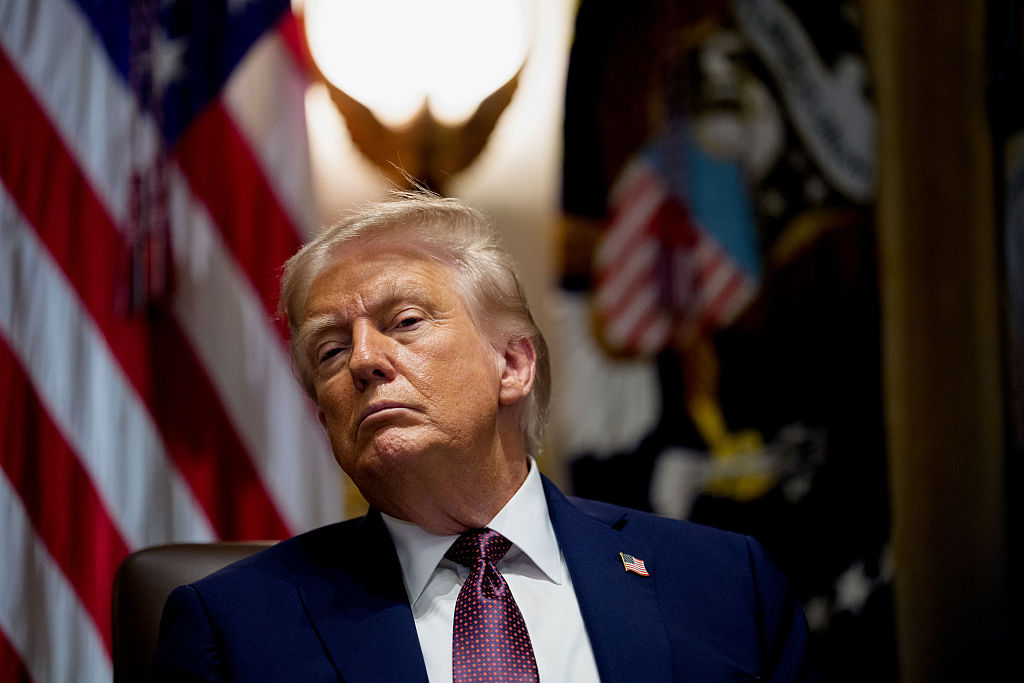New Tariffs on Low-Value Imports Raise Concerns for Consumers
- Small Town Truth

- Aug 28, 2025
- 2 min read

New Tariffs on Low-Value Imports Spark Concerns
Effective August 29, 2025, the Trump Administration plans to implement tariffs on shipments valued under $800, previously exempt from duties under the de minimis rule. This policy shift raises questions about its impact on everyday consumer goods and the economic consequences for American families, particularly those with lower incomes.
The de minimis exemption has often been characterized as a loophole, allowing an influx of inexpensive items into the U.S. without tariffs. Critics argue that the new policy will exacerbate inflation and impose additional financial burdens on consumers, compounding existing trade issues. Instead of raising tariffs on smaller shipments, alternative proposals advocate for reducing tariffs on larger imports to enhance market efficiency.
The origin of the de minimis exception can be traced back to the Tariff Act of 1930, which aimed to simplify the import process for low-value goods. Over the years, this threshold increased from $1 to its current limit of $800. While the exemption was briefly suspended earlier this year, it was reintroduced for most trading partners aside from China.
Statistics reveal that over 1 billion packages utilized the de minimis exemption in the last year, although these low-value items represented only 2% of the total $3.2 trillion in U.S. imports. Proponents of the new tariff framework argue it will boost domestic manufacturing and generate government revenue. However, many goods affected by this change—such as plastic toys and inexpensive footwear—are not practical candidates for U.S. production.
As the administration prepares to roll out the new policy, U.S. Customs and Border Protection (CBP) faces criticism regarding the lack of clarity on how the tariffs will be enforced. Shipping companies, including DHL, have already begun suspending services to the U.S. for business packages, prompting national postal services from over 30 countries, including Germany, the UK, and Singapore, to reconsider their shipping strategies until further information is made available.
The decision to eliminate the de minimis exemption disproportionately affects low-income households, which tend to purchase a higher proportion of goods that would fall under this tariff. These consumers could see significant price increases. Even individuals who do not directly buy imported products may feel the financial strain due to the phenomenon known as tariff spillover, which can inflate market prices as low-cost imports decrease.
There are those who argue that removing the de minimis exemption creates a fairer environment across retailers. While larger retailers might gain from the exemption, the approach of increasing tariffs on smaller shipments might not be the most effective method to level competition. Advocates for trade reform suggest rather that larger tariff rates could be reduced to enhance consumer choice and market dynamics.
Critics assert that rescinding the de minimis exemption could lead to heightened administrative complexities and higher costs for consumers without meaningful benefits to American industry. Moving forward, experts recommend a reevaluation of tariff policies to help ensure that consumers reap the advantages of lower prices and greater selection through international trade.
.png)